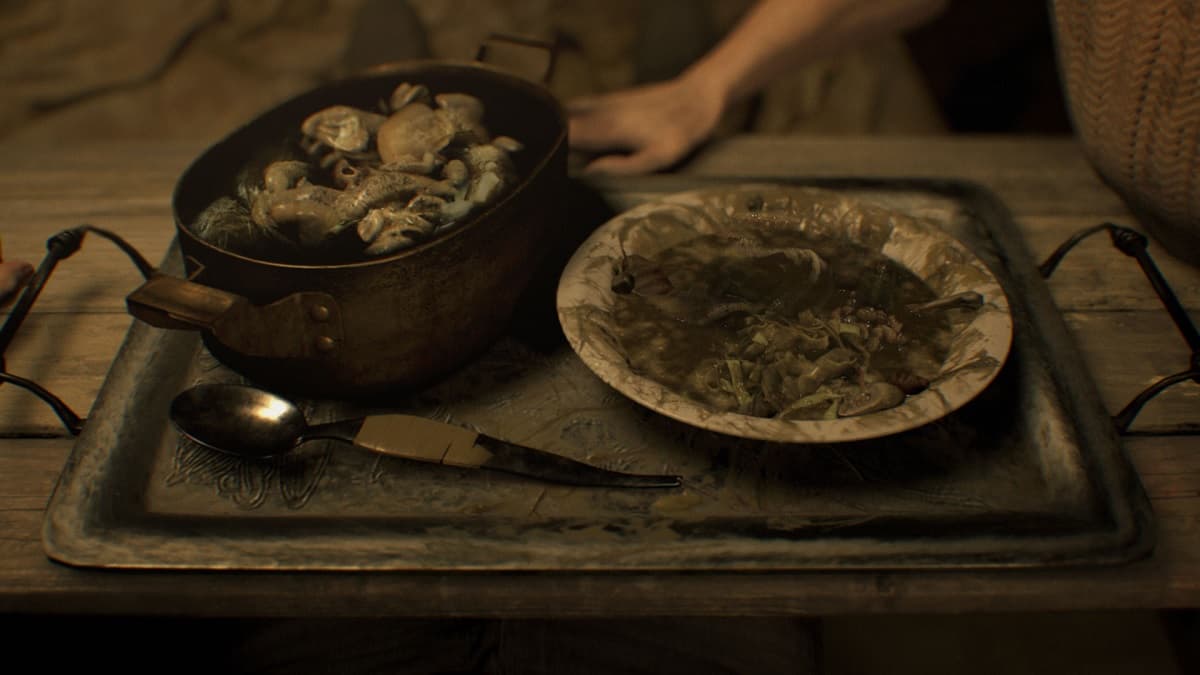Kids can be so cruel sometimes
I remember the first time I felt rejection, I bought a hand crafted, beautiful leather-beaded bracelet for my 3rd grade crush across the hall in school. I saved up the money for weeks (that’s a long time in kid days) then got my teachers permission to go across the hall and present the gift to the unsuspecting girl. Upon receiving that gift, she immediately turned around and threw it in the trash. My little heart sank and I ran back to the classroom crying. Kids can sometimes be cruel, and be completely unaware of this. How else are you supposed to learn things like empathy, sympathy, or just waiting for someone to leave before you throw away their gift. As sad as that story is, imagine if either one of us had practice with social que’s and knew how to act in those situations; or at least how to cope with the outcome. What if I told you someone is making a game to help with kids’ empathy.
So… it’s not a football game?
Trip Hawkins, formerly of Apple, left to create what we now know as EA Sports. Mr. Hawkins left EA and has another company, a new idea, and is tackling it head on. He wants to help kids learn empathy and how to deal with different situations in real life. That’s right, the man who helped make the most known football simulator, is creating an emotion simulator. Trip has established a new company called “If You Can” and is making their first game – an app for the iPhone called If.. The game If. gives multiple choice answers, à la Mass Effect, as you save the local town with the help of magical creatures.
In the Mass Effect series, the creators adjusted each iteration and its mechanics based on feedback gathered through players choices and how they played the game, thanks to the Internet. Hawkins plans on harnessing this technology and all it’s information. Trip suggests we can now use this data for both social and educational purposes, he explains:
“In the past you couldn’t do it at all because the customer was playing a game in the basement on a machine that’s not hooked up to the Internet. Once you bring the Internet into the equation, it’s much easier to figure out what your problem is and how to improve the product.”
The data compiled will bring the town called Greenberry to life. This town’s made up of both cats and dogs. Unsurprisingly these two townsfolk don’t get along very well, and your goal is to resolve their problems. As you help your fellow Greenberrian, you are collecting magical animals (like Enchanted Arms or Pokemon) to battle others. At times you might fail. That means your animals may perish. But the game helps you through that loss. It teaches you that it’s okay to lose, and how to cope with failure. One of the co-founders, Berlinksi adds:
“The messaging that kids get in real life and certainly in schools is not that failure is OK — but in-game environments, 80 percent of the time, gamers are failing, yet they are completely motivated to keep going,” she says. “So something is going on there that is very positive. And we need to capitalize on that.”
Coping with loss and teaching how to learn from failure is something some people struggle with well into adulthood. With proof that simulating emotions can help kids make better decisions, coupled with streaming results to the developer, this project shows a lot of promise. Supposedly there’s appropriate staff to help with the psychological aspects of this. I’m really looking forward to the finished product these people come up with. I hope it does what it aspires to, which is to help teach empathy and dealing with emotions of loss/failure with kids.
We’ve come a long way, but still much further to go
There’s more and more games showing us their ability to educate our kids, I think we’ll see more games also replicate real social circumstances, like If. As much as I loved Number Munchers and Oregon Trail, I have nothing but excitement knowing my children will be in the middle of this video game reinvention. To think someone is collecting data on how to develop my child’s emotions is a little odd. But as long as we have the right people working behind these projects with the best of intentions, I’m okay with it. And hopefully this game will spare at least one kid the experience I had in 3rd grade.








Published: Dec 6, 2013 04:52 pm